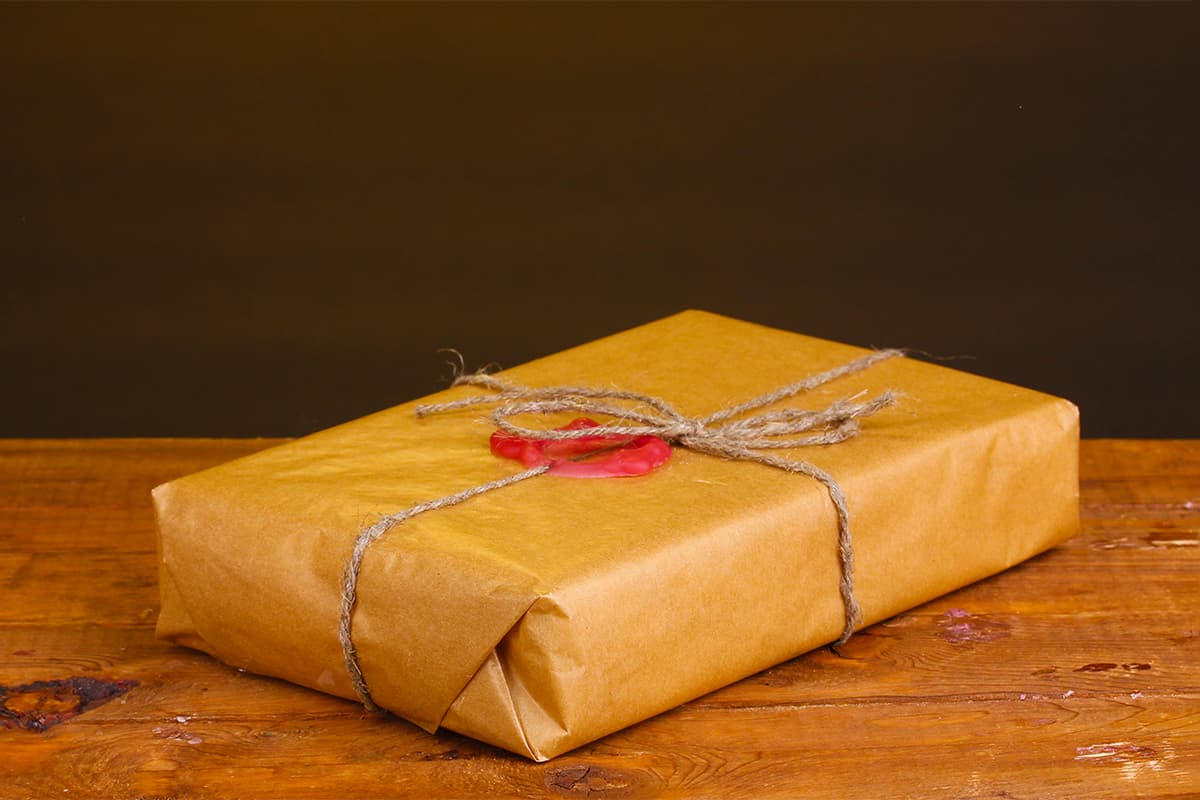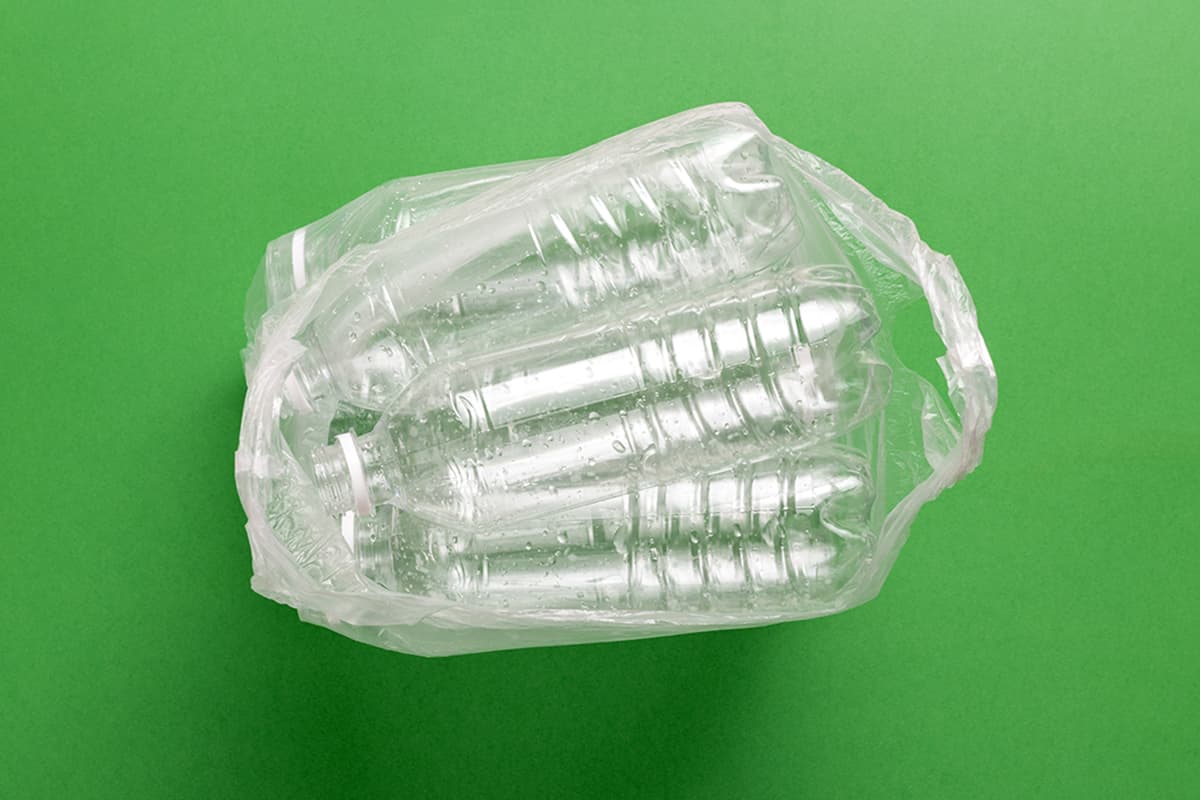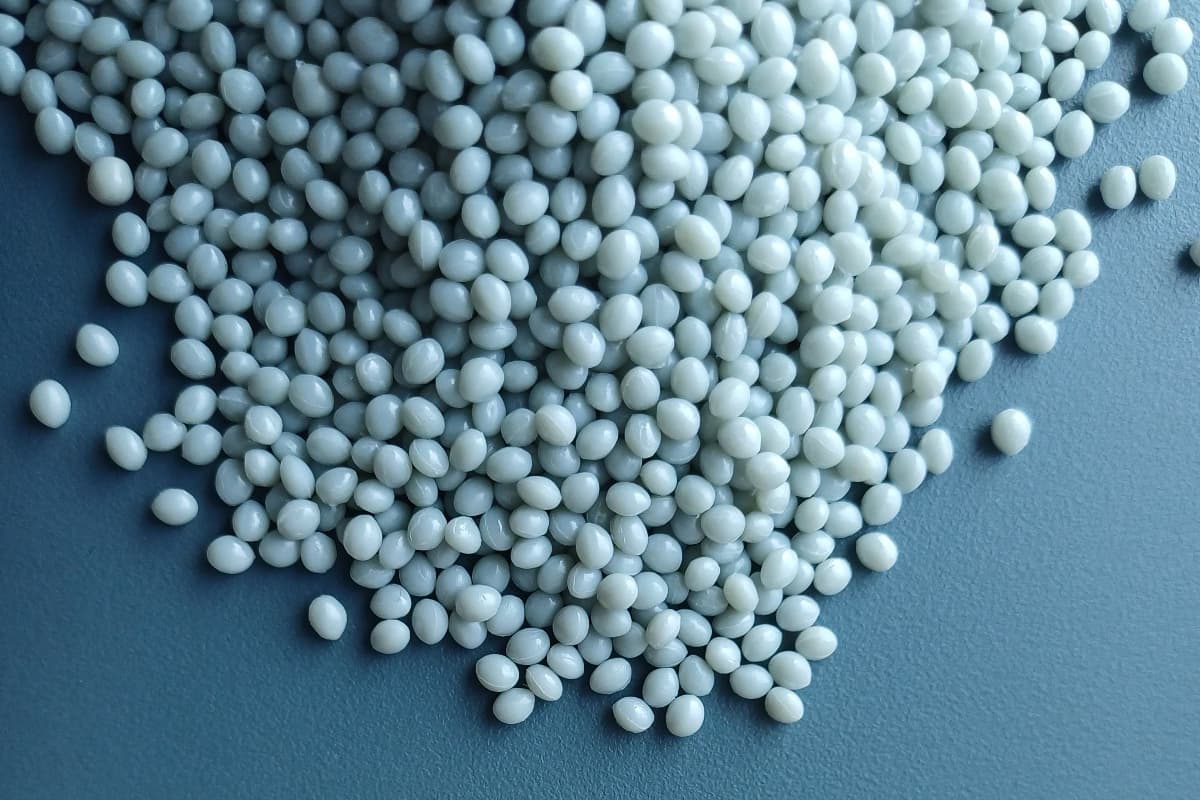Global Trends in Recycled PET: How the Food Industry Is Embracing rPET Solutions

When was the last time you went grocery shopping and didn’t come home with something wrapped in plastic? Chances are, you can't even remember. That's because plastic has quietly become the universal packaging material for nearly every kind of food we eat—from fresh produce and snacks to beverages and ready-to-eat meals. But how did we get here, and what does it mean for our future?
To truly appreciate why sustainable solutions like recycled polyethylene terephthalate (rPET) are becoming increasingly important in food packaging today, we need to take a step back and understand how plastic became the go-to material in the first place.
How Plastic Took Over Food Packaging

Before plastic, our food was packaged in glass, metal, paper, or even cloth. While these materials did their job, they had some big drawbacks: glass jars shattered easily, metal tins rusted or leaked, and paper couldn't hold liquids very well. Plus, these materials were heavy and costly to transport, which made food products expensive and inconvenient for both manufacturers and consumers.
Then, plastic entered the picture, especially during World War II. Soldiers needed safe, lightweight, and durable packaging for food supplies. Plastic offered exactly that. After the war, the convenience of plastic packaging quickly captured public attention. It was lighter, cheaper, safer, and incredibly practical. It preserved freshness, made transportation easy, and simplified the lives of consumers everywhere.
By the 1950s and 1960s, plastic was everywhere. Plastic bags, wrappers, bottles, and food trays replaced traditional packaging almost overnight. Convenience was king, and plastic became the undisputed champion of food packaging. Virgin resin production boomed, especially for packaging applications. Yet, as years went by, this convenience revealed a troubling downside.
The Wake-Up Call: Seeing the Real Impact of Plastic
In recent decades, the reality of plastic pollution has become painfully clear. Images of plastic-choked oceans, wildlife struggling to survive, and overflowing landfills have deeply shifted public attitudes. Plastic, once a modern marvel, now symbolizes environmental harm and wastefulness. Consumers and policymakers alike are demanding change. And for good reason.
This doesn't mean we have to abandon plastic entirely, especially when our modern lifestyles depend so heavily on it. Instead, it means we need a better kind of plastic—one that's sustainable, safe, and circular. And that's where rPET chips and food-grade rPET resins come in.

Why rPET is the Packaging Solution the World Needs
Recycled polyethylene terephthalate (rPET) is plastic, but it's plastic done right. Made from recycled PET bottles, rPET delivers the same clarity, strength, and versatility as virgin resin. This makes it perfect for food packaging, allowing manufacturers to maintain high standards of hygiene and safety while significantly reducing environmental impact.
Instead of creating new plastic from scratch, rPET lets us reuse what we already have, closing the loop and moving toward a truly sustainable packaging system. Plastic recycling technologies continue to evolve, with major strides being made in innovations in PET recycling to further support circular economies.
Brands Embracing rPET in Food Packaging
Sustainability is no longer a niche movement. Today, it’s mainstream. This impressive growth reflects how urgently businesses and consumers alike are prioritizing environmental responsibility.Moreover, leading brands across various industries are taking significant steps toward embracing recycled packaging materials, especially rPET, to align with their sustainability goals. The debate of PET vs virgin plastic is slowly tilting toward rPET as technologies improve and adoption spreads.
Popular Brands Setting the Pace
- Coca-Cola: The global beverage giant has pledged to incorporate 50% recycled PET content in its bottles by 2030. Coca-Cola’s commitment signals a clear, industry-wide shift toward sustainability.
- Unilever: The FMCG leader has committed goals, aiming for 25% recyclable or reusable plastic packaging by 2025. They are actively using rPET across product lines, from personal care to food packaging.
- Nestlé: Committed to using 100% recyclable or reusable packaging by 2025, Nestlé is actively integrating recycled materials into packaging solutions for various products, including water and beverages.
These examples illustrate how large, influential corporations recognize that rPET and recyclable composite materials are strategically advantageous.

Consumers and Regulations Pushing Change
It is hard to ignore that sustainability is now a core consideration for all businesses. Consumers increasingly choose brands committed to environmental responsibility. Governments around the world, including in India, are implementing strict regulations on plastic use and plastic recycling, pushing businesses to use recycled materials like rPET.
This shift isn't just good for the planet; it's good for business, offering a competitive edge for companies willing to lead rather than follow. The move from virgin PET resin to food-grade rPET resins is one of the clearest indicators of this trend.
JB Ecotex: Supporting Sustainable Packaging
We understand these changes firsthand. We're committed to providing manufacturers with rPET resins specifically designed for food packaging. Our processes ensure that the recycled plastic we produce meets high standards of clarity, safety, and reliability thereby helping brands confidently meet both consumer and regulatory demands.
PET Flakes and B2B rPET Resins
At JB Ecotex, we offer quality PET flakes and B2B rPET resins designed specifically for your packaging and manufacturing needs. Our PET flakes are produced from post-consumer bottles, rigorously cleaned, sorted, and processed with the aim of ensuring purity and consistency.
Using advanced EREMA Vacunite® technology, we transform these flakes into food-grade rPET resins. This innovative recycling process is deemed to provide consistent intrinsic viscosity levels (0.8 IV and 0.84 IV), high clarity and strength, and reduced acetaldehyde levels. As a result, our resins are qualified for food-grade rPET resins applications, beverage bottles, trays, and various industrial applications.
With JB Ecotex, manufacturers can come a step closer to meeting sustainability targets, regulatory standards, and the increasing consumer demand for environmentally responsible packaging. Our continued focus on innovations in PET recycling allows us to walk the path in producing recyclable composite materials that drive industry change.

rPET: The Future of Food Packaging
Plastic became essential for food packaging because it offered unmatched convenience and safety. Today, as we recognise its environmental costs, we need a solution that offers the best of both worlds. rPET is exactly that. Meaning that it allows brands and consumers to enjoy plastic’s convenience without harming the planet.
The shift to sustainable food packaging is already here and gaining momentum. And rPET is leading the charge. Connect with us to know how you can do the same, whether you're looking for rPET chips, PET resin, or a reliable source of virgin resin alternatives.
